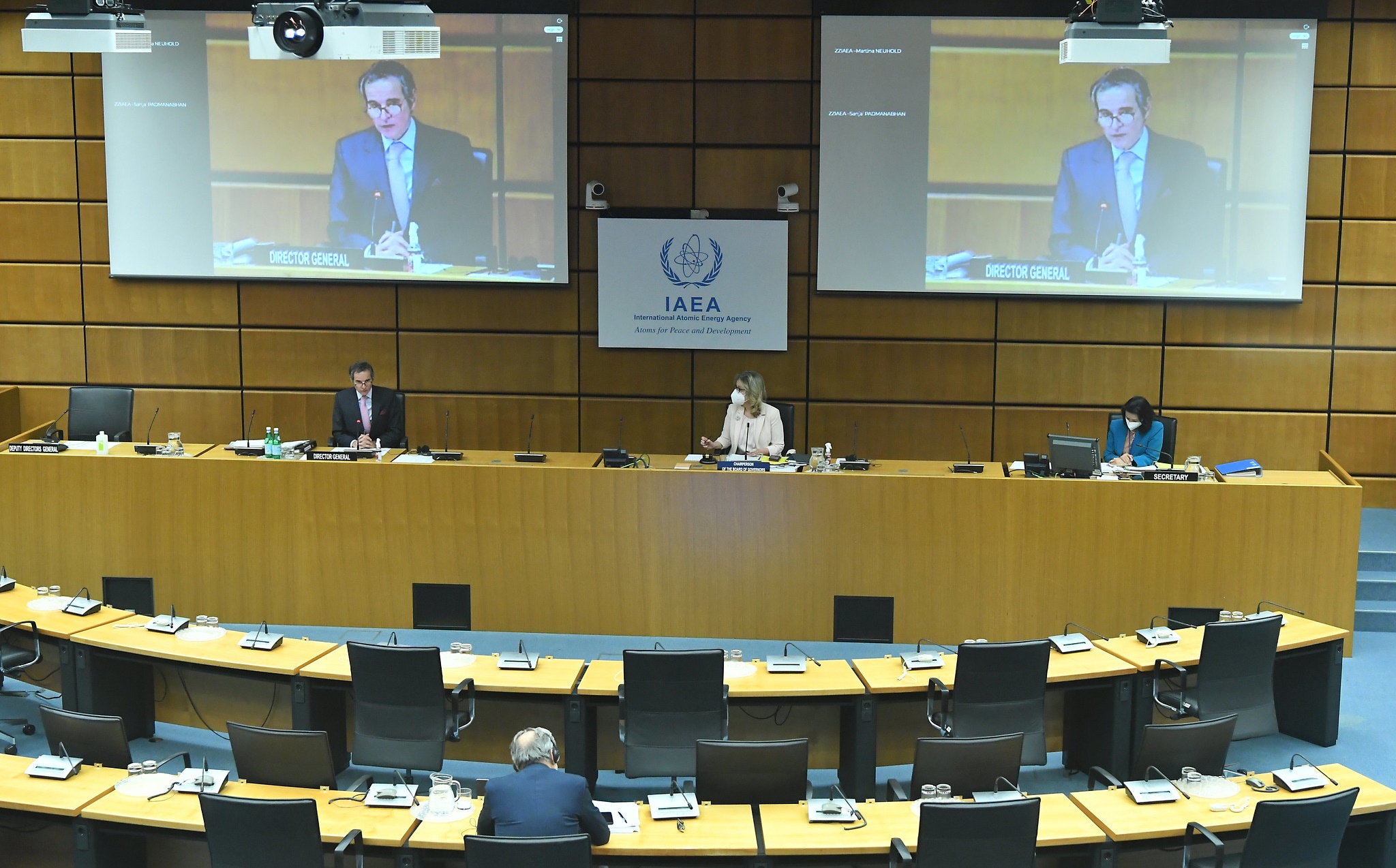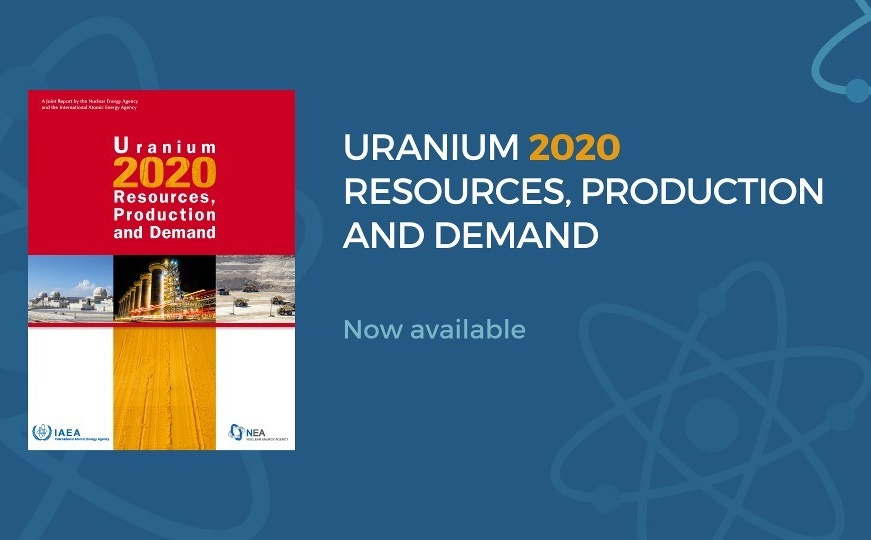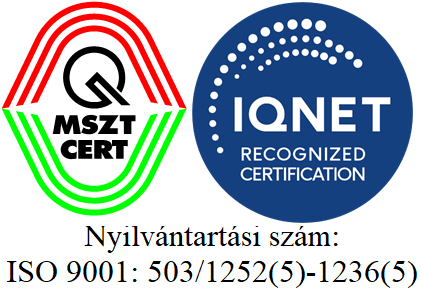News

Online training about the fundamentals of the Physical Protection Systems
2021.03.29
The US Department of Energy and the Hungarian Atomic Energy Authority organised an online training between 22-25th March, about the fundamentals of the Physical Protection Systems. Participants were delegated to the event by the HAEA, the National Police Headquarters, the Counter Terrorism Centre, the Ministry of Defence and by the Hungarian nuclear facilities.

IAEA Virtual Board of Governors Meeting
2021.03.10
The regular meeting of the Board of Governors of the International Atomic Energy Agency – with the participation of Hungary as member of the Board since September 2019 - was held in in a virtual format from 1 to 5 March 2021. Highlights of the meeting included IAEA’s efforts to assist Member States against Covid-19, the nuclear safety review, the nuclear technology review of 2020, and verification and monitoring in the Islamic Republic of Iran.

OECD NEA Survey on Public Trust in Nuclear Regulators
2021.02.09
The OECD Nuclear Energy Agency published its survey on 8th of February with the purpose to gather views and feedback about how to build and maintain trust between nuclear safety regulators and the stakeholders with whom they engage (the survey is available until 15th of March). The NEA asked its Member States’ nuclear regulators to publish the information for the right visibility on country-level, which the Hungarian Atomic Energy Authority hereby complies with.

Joint IAEA and OECD NEA publication on uranium production and consumption
2021.01.06
The 28th edition of the „Red Book” jointly prepared by the International Atomic Energy Agency (IAEA) and the OECD Nuclear Energy Agency (NEA) provides analyses and information from 45 uranium producing and consuming countries.




 ©HAEA - All rights reserved
©HAEA - All rights reserved